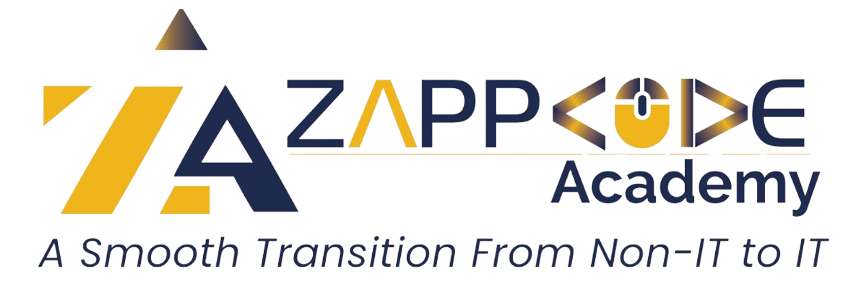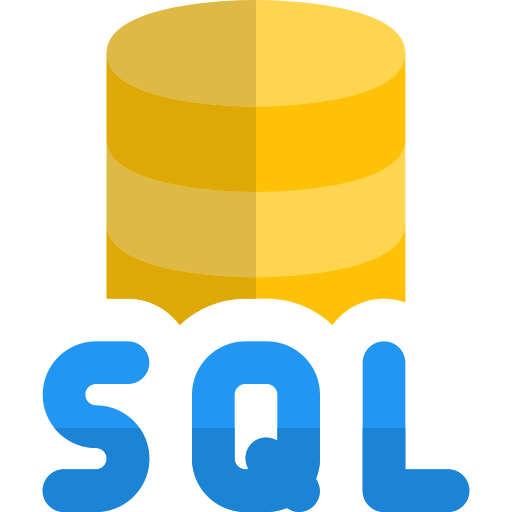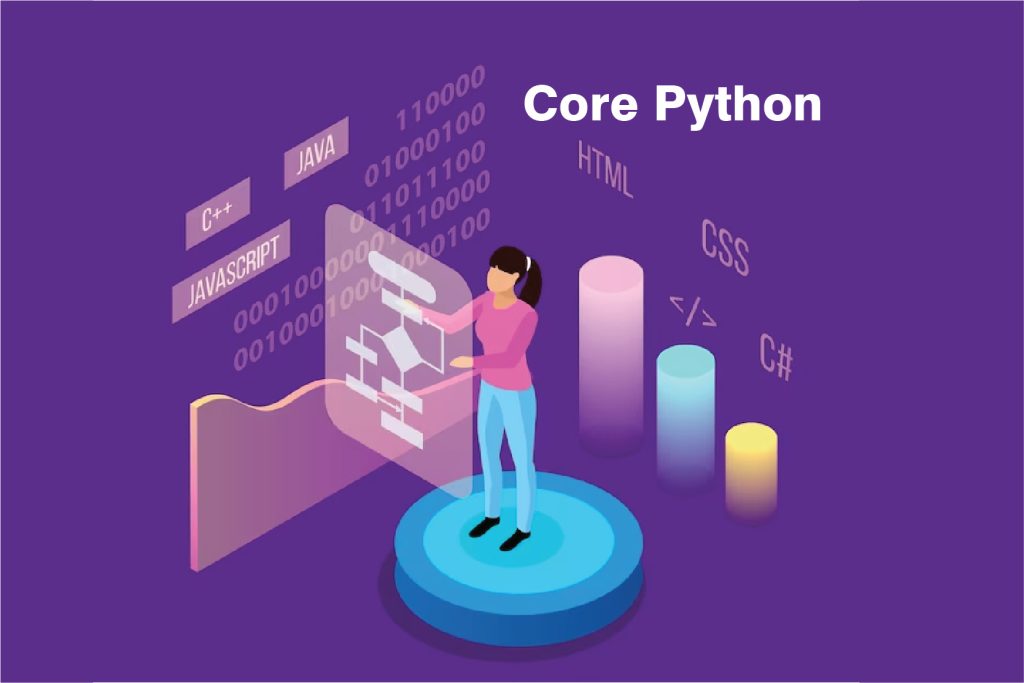Enroll Now
Data science course in Nagpur with placement
Data Science classes in Nagpur enable you to use what you have learned in real-world applications.
Download
- Expert Trainer
- Affordable Fees
- Placement Opportunities
- Hands on Training
- Flexible Timings
- Industry Based Training
Attend Free Demo
Fill the details and we will call you for further guidance
Data science training in Nagpur with placement
The data science industry is emerging and growing rapidly in Nagpur, and the need for skilled professionals is increasing. The intersection of statistics, programming, and industry knowledge is a very viable and promising field. Here is what you should know if you are from Nagpur and are thinking of a data science course.
Data science training helps one to make sense of the often overwhelming sea of information available today. Job opportunities and pay for data scientists are good due to the high demand for data scientists. Another strength is that data science is widely used in many different industries, including health care, finance, marketing, and retail.
Fortunately, Nagpur provides several data science courses for varied individuals. Well suited for beginners the program covers mathematics, statistics, and programming. More advanced packages go through the concept of data manipulation, machine learning models, and the visualization of data better. There are also focused tracks for experts interested in learning how to excel in particular sectors such as NLP or deep learning.
Selecting the proper program is not always an easy task. Ask yourself whether the curriculum suits your career plans. Think of the mode of delivery – in is more interactive while online is flexible. Maybe blended learning might be useful as well. Consider the history of the institution and its research focus on quality education and the graduation rate of students. Make sure that you find teachers who have sufficient industry knowledge and experience. Last but not least it is the cost and value proposition. When searching for data science courses, try to find the ones that offer practical value – career advice, certain projects, or the opportunity to earn a certification.
Data Science Courses with Job Guarantee
It is no dispute that data science careers are attractive but the process is intimidating at face value. Face the data science courses with job guarantee claims. The promise of employment after a course finishes can be an excellent inducement, especially for those who will be joining the course from a different job. Sometimes such programs boast of close contacts with certain industries or guaranteed placements, promising the students a job after graduation.
Scrutinize the Guarantee:
However, care should be taken to critically assess the details of the measure. Does it guarantee that he/ she will be employed full-time or part-time or even as an intern or as a freelancer? What types of roles are assured? Do you have any special criteria for enabling it to guarantee?
Therefore, learning and understanding skills can determine your success in securing a job as a data scientist. Pay attention to the focus of the course in practical application, projects, and portfolio requirements. It is also important to have instructors connected to the industries since they may not offer a job but can be of great help.
Beyond the Course:
Keep in mind that a data science job guarantee does not replace the requirement of learning independently and producing personal projects. Actively attending hackathons and taking part in open-source projects are also great things to do that can enhance your application.
Choose Wisely:
Some people may like the idea of a job guarantee; focus on programs that concentrate on curriculum, credible instructors, and practical skills development. The following will be essential whether employers offer data science job guarantees or not. After all, data science and analytics are the tools that will open the door to your dream job.
Who can do Data Science Courses?
Data science and problem-solving offer an exciting career path for people who possess a clear desire to learn. So who is suitable and can do Data Science Courses?
Analytical Minds:
Logical reasoning and observation of patterns are the keys to the competitiveness of data science. If you are a person who enjoys getting his hands on problems, analyzing data, and making intelligent decisions, you will be a good candidate for the industry.
Math and Statistics Enthusiasts:
It is important to build a solid mathematical and statistical skills foundation. Linear algebra, calculus, and probability make up the foundation of working with data and building models. Do not worry about these subjects if they are not your cup of tea – anyone can learn new things and improve his or her skills.
Programming Prowess:
Many data science techniques such as Python or R are programming languages designed to allow you to manipulate data, model data, and create graphical representations of your results. As a recent graduate, I will be able to adapt quickly to new programming environments and learn new skills.
Curiosity and Communication:
In addition to being good at analyzing data, a strong desire to learn more about the world using statistical information is still necessary. Furthermore, communication skills are important – one will need to explain the data analysis and how its results can be interpreted to both data scientists and the business team.
Openness to Learning:
Data science is also a very dynamic field that is always changing. Professional development is another important issue. Use online tools, attend workshops, and read about the most promising developments.
Who can do a data science course? The key is your willingness to learn and engage your powers of analysis and an interest in data. Those who have such qualities and are interested in a job in the data science sector.
Highlights of Zappcode Academy
Limited Students Batch
Personalised Attention
Highly Qualified Teachers
Flexible Batch Timings
Interactive Learning
Live Projects
Career Support
Job Oriented Training
Why Data Science in Zappkode?
Build a Solid Foundation
Be proficient in Python programming fundamentals with the help of the Python classes in Nagpur. Master the language of syntax through its use in data structures, as well as with control flow, and this should be enough to help you get equipped for advanced programming issues.
Develop Practical Skills
The Python sessions in Nagpur besides theory serve as a platform to put theory into practice as well as stimulate innovative thinking among students. With hands-on exercises and assignments, you'll practice using the technical skills you'll require to solve issues in real-world programming.
Boost Your Employability
Python is undoubtedly the top most relevant skill set required in industries today. When you invest yourself in Python classes Nagpur will be realized, your resume will look better and you will be able to outshine other job applicants.
Increase your Business Acumen
Python has not only remained adaptable to regular programming but also transcends into unattractive territories. The python classes in Nagpur specialize in the teaching of data analysis and automation tools that provide a big advantage in sharpening your business acumen.
Get 100% Job Assistance by enrolling in Certified Data Science Training Course in Nagpur
Job Assistance
30+ Companies Tie-ups
Enroll Now
Placement Initiative for our Students

Zappcode Academy's Job Assistance Program
equips students with the skills and confidence to succeed in Data Science interviews. They provide Interview preparation Guidance on interview techniques, common questions, and how to showcase your digital marketing knowledge.
- Assured Training and Placement
- Placement Guidance
- Resume Building
- Mock interviews
- Drive Exams
- Provide Internship in Zappkode Solutions
Attend Free Demo
Fill the details and we will call you for further guidance
Our Students Placed and Working with Companies












ENQUIRY FOR Data Science COURSE FEES in nagpur
Enroll Now
Data Science Course Curriculam
Our Curriculum Program Covers Basic To Advance Level Content on Data Science
Data science context and situations where it is used and can be used.
Creating data science development environment (Python, Born-aids)
Basic data concepts: knowing, data types, variables, and data collection methods.
Python programming basics: the role of syntax (lists, dictionaries) in this programming language.
Developing skills to operate with functions, control flow, and if/else, loops is also a significant topic that this course provides.
Introductory part of the needed packages e.g. NumPy and Pandas.
Data cleaning techniques: filling up missing numbers, handling outliers, messing tracers.
Data wrangling with Pandas: data features extraction, feature selection, and transformation.
Consolidating and combining data from different sources provides a more holistic and accurate picture of social and economic realities.
A presentation of data using descriptive statistics is called summary statistics.
Data visualization techniques: bar diagrams, histograms, relationship diagrams
High-classifying strategies, patterns, and relationships of data.
Understanding core statistical concepts: which include such as the mean, the median, and the standard deviation.
Probability concepts: statistical function, conditional probability, and hence Bayes` theorem.
Provide a preamble on hypothesis testing and introduce the term statistical significance
However, it is important to realize that the execution takes place in an abstract machine known as an artificial neural model.
Deep learning architectures: application of convolutional neural networks (CNNs) for working with images.
Introduction to the fundamental components of optimizing neural networks (TensorFlow and Pytorch).
Sharing of fundamental concepts and issues associated with big data.
Using Hadoop and Spark Big data tools to achieve our purposes.
Distributed computing – as an approach to bypass acts of bulk data input.
Entailing data stories comprehensibly with the help of data visualizations is one key to success.
An information technology internship enables me to develop skills that are needed to transfer technical subjects to a non-technical crowd by speaking.
Developmental and deployment of data science projects oriented on practical targets.
Download Syllabus Broucher for more details
Download
Get Training Certificate
- Get Certified Training
- Valid for all Jobs and College Training
- International Recognition
- Validate Your Skills

Frequently Asked Questions
Data science is one of the mélange fields which involve statistics, computer science, and domain knowledge, to convert all the data into meaningful insights. It has tasks from data collection, getting information ready, modeling, analyzing, and interpretations that help solve today’s problems.
When we discuss data science, it should be noted that it can be multiple career practices. Various attractive options are available among which data analyst, machine learning engineer, data scientist, business intelligence analyst, and data architect are the most popular. The particular path of the degree relies on one’s interests and specialization.
The point here is that a degree in data science, statistics, computer science, or the one related is not necessarily a requirement. Now, most of the data scientists belong to different disciplines. Nevertheless, a solid foundation encompassing math, statistics, and programming has also been a must, which you can acquire through boot camps, other online courses, or self-study.
There will be a very high demand for data scientists in the next few years. For this reason, training data scientists is an extremely important task for educational institutions. The growing massive role of data across industries will mean that the services of data science experts are highly in demand, and these professionals are likely to experience enhanced career prospects.
Latest Blogs
What Technologies Are Needed To Build An E-Commerce Website
Building an e-commerce site involves a range of technologies and...
Read Morehow to use Python classes with its methods and functions
What are Python Classes? Speaking about Python development as such,...
Read MoreUnlocking the Potential of Artificial Intelligence
Introduction: Artificial Intelligence (AI) has emerged as one of the...
Read More



















